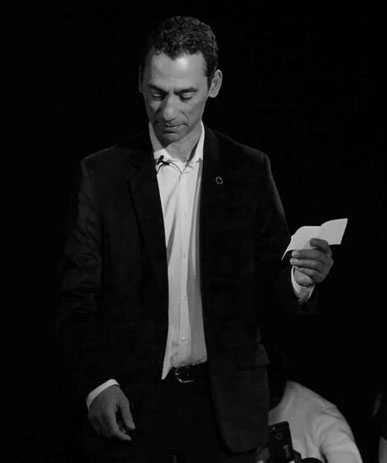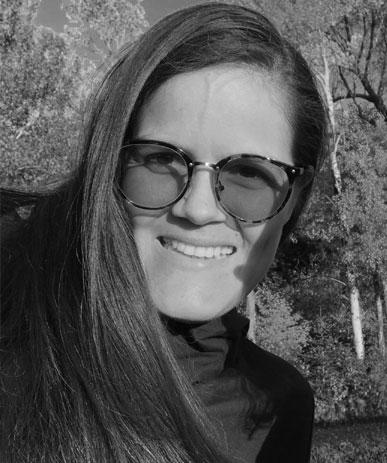Leticia Listening Acts advocates for applying creative approaches to facilitate transformative encounters between people impacted by violence. It focuses on the role that performance, theatre, art, digital technologies, and other cultural practices may play in enabling or even shaping such encounters. We document and study how listening and being heard are performed and experienced in such scenarios. This project is named after a rural Colombian woman who never learned how to read out loud. She was born in the 1920s, when women had few chances to access formal education in Colombia, much less in rural areas. Thus, she was primarily an oral culture person. That means that writing or reading played not a big role in her everyday life. In contrast, she developed other, perhaps more fundamental skills: listening and memory. She never married nor had children on her own. But we, all her nephews and nieces, became her children. She was always there for us. She was always available to listen to us and helped us remember where we had left our stuff. I sincerely wish there is in each family, in each community, a person like my aunt Leticia performing listening acts to help us remember what matters and solve our vital concerns. And I hope this project contributes to making the function of selfless, non-judgmental listening acts be valued and acknowledged as tools for conflict transformation.
— Luis C. Sotelo Castro
The Acts of Listening Lab is a hub for research-creation on the transformative power of listening in the context of oral history performance. It brings together artists- researchers, communities, and activists from across disciplines and cultures interested in exploring alternative and creative ways of making lifestories matter in the public sphere. It is part of Concordia University’s Centre for Oral History and Digital Storytelling. It was created in 2018 by Associate Professor Luis Carlos Sotelo Castro with support from a Canada Foundation of Innovation research-infrastructure Grant. This website is supported by the same grant.
We are an interdisciplinary team of researchers, artists and designers.

is Associate Professor in the Department of Theatre at Concordia University, Montreal (Quebec, Canada). He is also the second co-director of Concordia’s Centre for Oral History and Digital Storytelling. His latest publications explore listening in the context of post-conflict performances of memory. For instance, see ‘Facilitating voicing and listening in the context of post-conflict performances of memory. The Colombian scenario.’ In: De Nardi, S., Orange, H., et al. Routledge Handbook of Memoryscapes. Routledge: London. (2019), and his article ‘Not being able to speak is torture: performing listening to painful narratives’. International Journal of Transitional Justice, Special Issue Creative Approaches to Transitional Justice: Contributions of Arts and Culture. (March, 2020)

is an artist and a Humanities PhD student at Concordia University. She is the co-founder of the digital projects Oropéndola, arte y conflicto (now part of the Museum of Memory of Colombia) and Mirlo Podcast. Manuela was co-curator for the exhibit Feliza Bursztyn, Elogio de la chatarra at the Museo Nacional de Colombia and producer for BBC Radio’s Apichatpong Weerasethakul (In the studio). Her research explores the participatory potential of oral history and artistic methods in the Colombian post-conflict scenario so that the listening experience is not passive and unilateral but rather transformative and empowering.

Bachelor’s degree, Fine Arts in Design and Art History from Concordia University. My main interest lie in designing for print and web. I am passionate about telling stories with the images I capture. As a woman designer, I’m constantly wondering how my creations are shaped by the cultural values of the society to which I belong. I define myself as feminist, as a person that cares about human and others beings. As designer, I want my work to both convey my own values and challenge some common assumptions regarding gender. I believe that design may be employed to bring about societal changes, and for this reason my creations are a reflection of my values: equality, respect of nature, and community engagement.